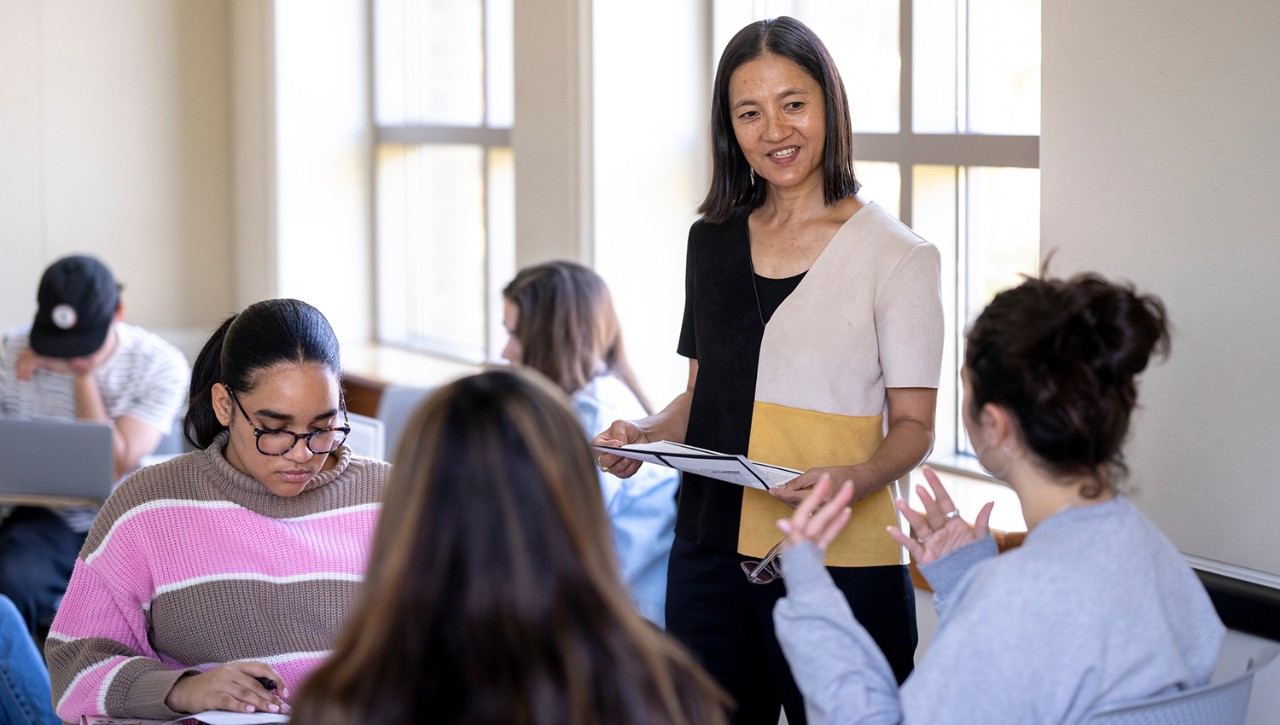The Center for Faculty Leadership and Success (CFLS) at Villanova University focuses its work on developing and expanding research-informed leadership development offerings for rising and mid-level academic leaders, such as department chairs and members of hiring and faculty evaluation committees. CFLS seeks to illuminate the responsibility of academic leaders to create a welcoming and equitable community, in service of Villanova’s mission and core values of Veritas, Unitas and Caritas and exists to support faculty at all career stages to engage with the University in ways that support their job satisfaction and personal success.
The Center traces its beginnings to the Villanova Initiative to Support Inclusiveness and Build Leaders (VISIBLE), which was established in 2018 by a National Science Foundation ADVANCE Institutional Transformation Grant.

